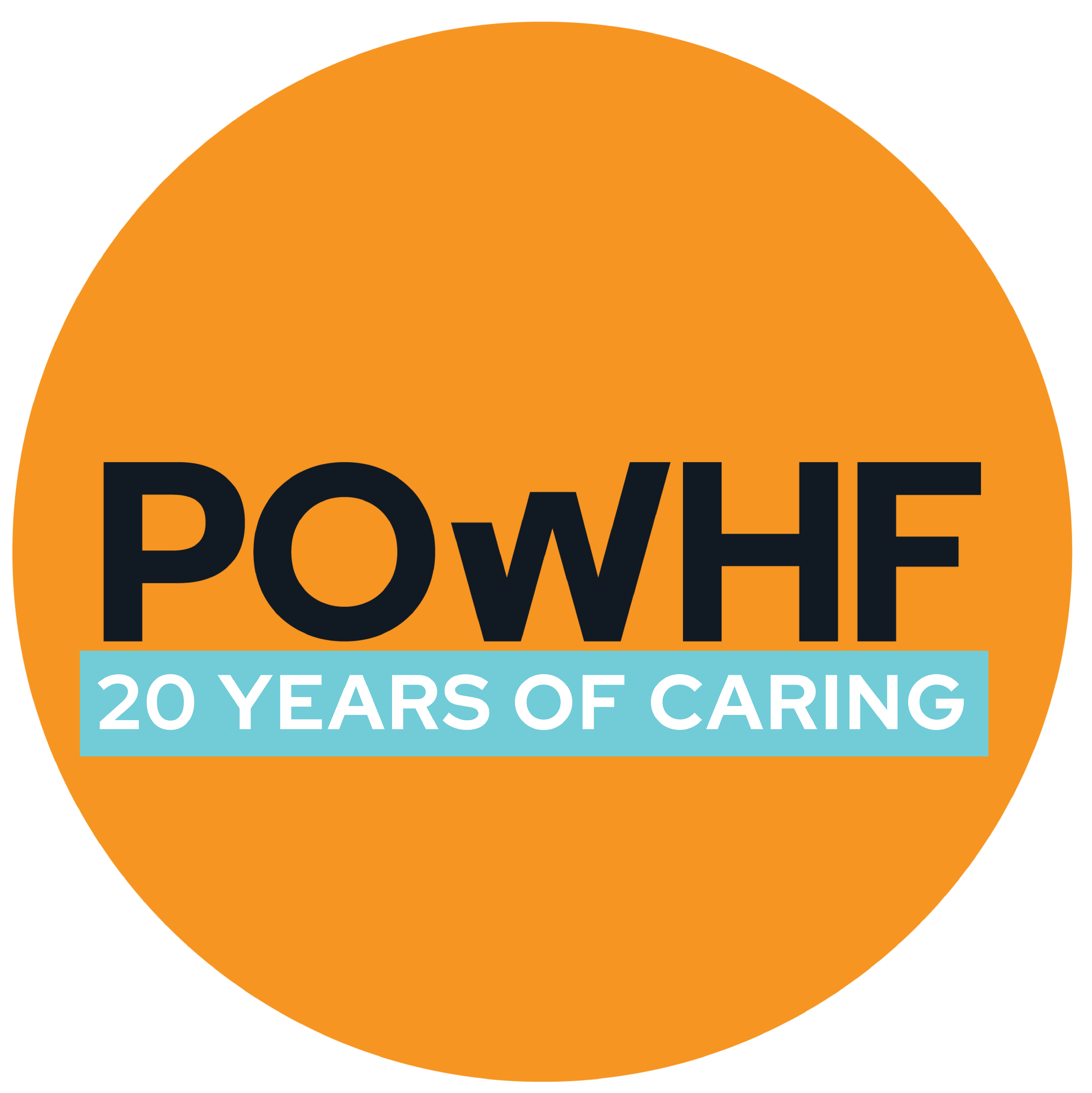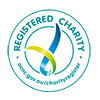POWHF: What’s your name and what do you do at the Prince of Wales Hospital?
Dr. Annmarie Bosco: My name’s Annmarie Bosco and I am a haematologist here at the Prince of Wales Hospital.
POWHF: Can you share more about what haematology is?
Dr. Annmarie Bosco: So haematology has a very broad range of clinical applications and you look after patients who have hematology cancers all the way to chronic blood conditions like sickle cell disease and thalassemia. So, in our bodies we all have red blood cells that circulate around in a normal haemoglobin. The red blood cells are flexible and able to pass through all the little capillaries without breaking up.
And sickle cell patients, they have a genetic change that makes the red cells not flexible. So they can’t pass through small blood vessels and they form these little clots. And unfortunately, that causes what we call micro ischemia or lack of blood supply to various organs and chronic pain. [So] these patients present with pain episodes. They can have strokes, heart attacks, lung clots and things like that because of the red blood cells blocking the vessels. So it’s a lifelong condition and can be really challenging for those patients.
POWHF: What is the treatment for sickle cell disease?
Dr. Annmarie Bosco: So if we think about the red blood cells in the problem, then there’s two main treatment pathways. First, is treating them when they come in with a pain crisis and getting the treatments set up for that pain relief [like] antibiotics, fluids, etc., and then is trying to treat the underlying cause. Those people we try and give them a drug called Hydroxyurea, which is to try and boost the infantile Hemoglobin F, which is meant to be the good hemoglobin for these patients. And then there are lots of new kind of treatments coming into the pipeline. So which include things like stem cell transplantation and gene therapy in the future.
POWHF: How is sickle cell disease caused?
Dr. Annmarie Bosco: So firstly, it’s a disease that can affect young people and their quality of life and long-term health problems. So people who do have sickle cell disease already need to be aware that, you know, we do have a team to look after them and there are treatments that we can do for them and to come in and see us too.
But then also in the general population, it’s something that we can pick up in people who are planning to have children.
So sickle cell disease is like a genetic condition and it’s two gene inherit, one from your Mum [who carries the gene] one from your Dad [who also carries the sickle cell gene], and then you have sickle disease. It runs in certain ethnicities more than others. And we can test Mum and Dad even before they have children to know if they’re at risk. So, I think those kinds of things are important for people to be aware of.
POWHF: Are there any recent advancements in sickle cell disease treatment?
Dr. Annmarie Bosco: As I mentioned, the gene therapies and transplantation treatments, people are looking to these all the time to see whether they can actually change the genetic makeup of the red blood cells, stem cells, and then they’re also new drugs to try and to alter the shape of the red blood cells and to prevent them to looking sickly. So fortunately, people are doing research in this area, which is great.
POWHF: What’s your favourite memory with a patient at POWH?
Dr. Annmarie Bosco: This is maybe one of the reasons why I chose haematology was because looking after a sickle cell patient who was really young and had come into the pain crisis [unit], and I remember thinking, “gosh, this young man is really suffering”. And then he was treated according to sickle cell pathway, pain relief, etc.. And two days later I walked in, and he was smiling, and he was really much better. You know, isn’t it amazing like we can do stuff to improve the quality of life for people in this area. I was a junior doctor. I looked after him and so that memory has stayed with me all along.
Please support our local hospital to continue their breakthrough research for better care and treatment for patients.


